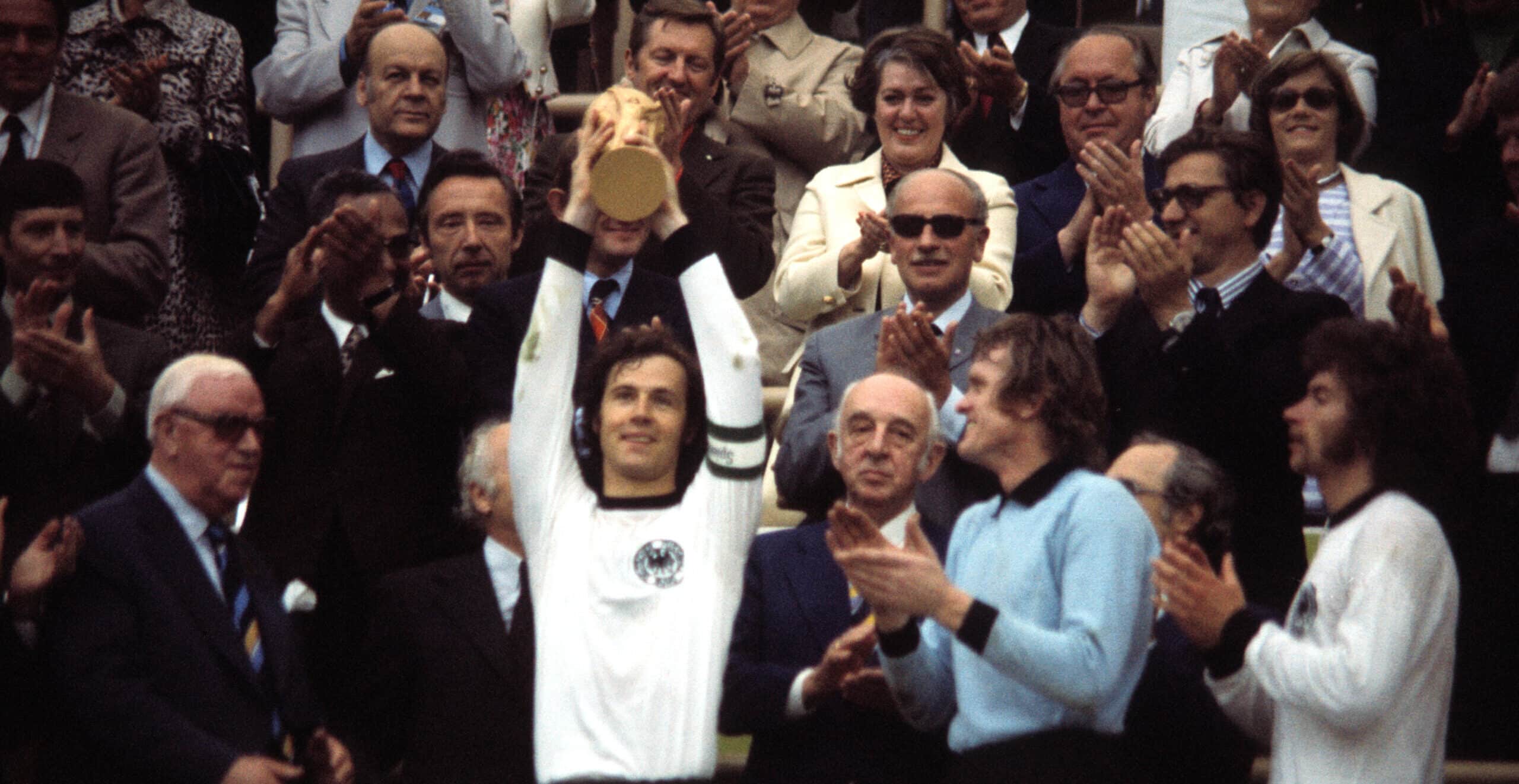“His death is a loss for football and for all of Germany,” Lothar Matthäus told the media after fellow footballer Franz Beckenbauer died on Sunday. Beckenbauer was indeed much more than a sporting legend. His rare combination of talent and charisma made him a unifying figure for a divided country and a beacon of light on its long way out of darkness.
While the 78-year-old had been plagued by health problems for some time, the finality of his passing still sent shockwaves through Germany. “We will miss him,” Chancellor Olaf Scholz said on X. President Frank-Walter Steinmeier called Beckenbauer an “exceptional phenomenon” who “made the German national football team an outstanding ambassador of our country”.
It’s not often that Germany’s politicians are so at ease using the collective “we” in reference to the nation. In a country so conscious of the way its previous quest for national unity ended in catastrophe, that choice of pronoun is reserved for moments of joy and sadness that can be shared without the weight of history bearing down. Providing such moments when postwar Germany needed them most was Beckenbauer’s greatest achievement.
His biography alone caught the imagination of many ordinary Germans. In many ways, it was a classic rags-to-riches story. Beckenbauer was born to a working-class family in the Munich borough of Giesing only four months after the end of the Second World War. At the age of 12 the budding young footballer intended to switch to TSV 1860 München, but changed his mind when one of their players unsportingly slapped him in the face during a match. So a sulky Beckenbauer ended up at Bayern Munich, something he would later describe as “fate”. He would go on to spend almost his entire playing career there.
By 1968 he had his nickname: the “Kaiser”. It was the year student revolts shook the country as young Germans challenged their elders about crimes committed in the Nazi era. As issues of guilt, shame and responsibility had to be renegotiated between generations, football became a sanctuary for the nation to regain self-confidence. In the stadium it was acceptable to wave German flags, to shout “Sieg!” (Victory!), for striker Gerd Müller to be nicknamed “Bomber of the Nation”, and for Franz Beckenbauer to be the “Kaiser”.
Germans old and young were delirious with joy when West Germany won the World Cup in 1974, playing in their own country and with a team captained by Beckenbauer. East Germans cheered their own team initially when, against expectations, they beat their Western rivals in the preliminary rounds. But once knocked out, many feverishly followed Beckenbauer and his teammates to victory. He was an all-German hero, even in times of division.
Germany won the World Cup again in 1990, the year it became one country again. At a time when upheaval and economic challenges loomed large, Beckenbauer spread optimism: “We are the number one in the world […] Now players from East Germany are joining, I think the German team will be unbeatable for years.” Where the arrogance of West German politicians and business leaders was at times difficult to bear for East Germans, Beckenbauer cheerfully expressed respect for their achievements in his own field.
In more recent times, he was also credited with Germany’s “football fairytale” of 2006, when the country hosted the World Cup amidst brilliant sunshine and general euphoria. He had been in charge of the organisational committee, orchestrating an unforgettable summer for many Germans. Despite predictions that the corruption scandals that followed would knock Beckenbauer off his plinth, his hero status was barely chipped. Called the “figure of light” by numerous admirers, Beckenbauer helped Germans through many times of darkness. He will be greatly, and widely, missed.











Join the discussion
Join like minded readers that support our journalism by becoming a paid subscriber
To join the discussion in the comments, become a paid subscriber.
Join like minded readers that support our journalism, read unlimited articles and enjoy other subscriber-only benefits.
Subscribe